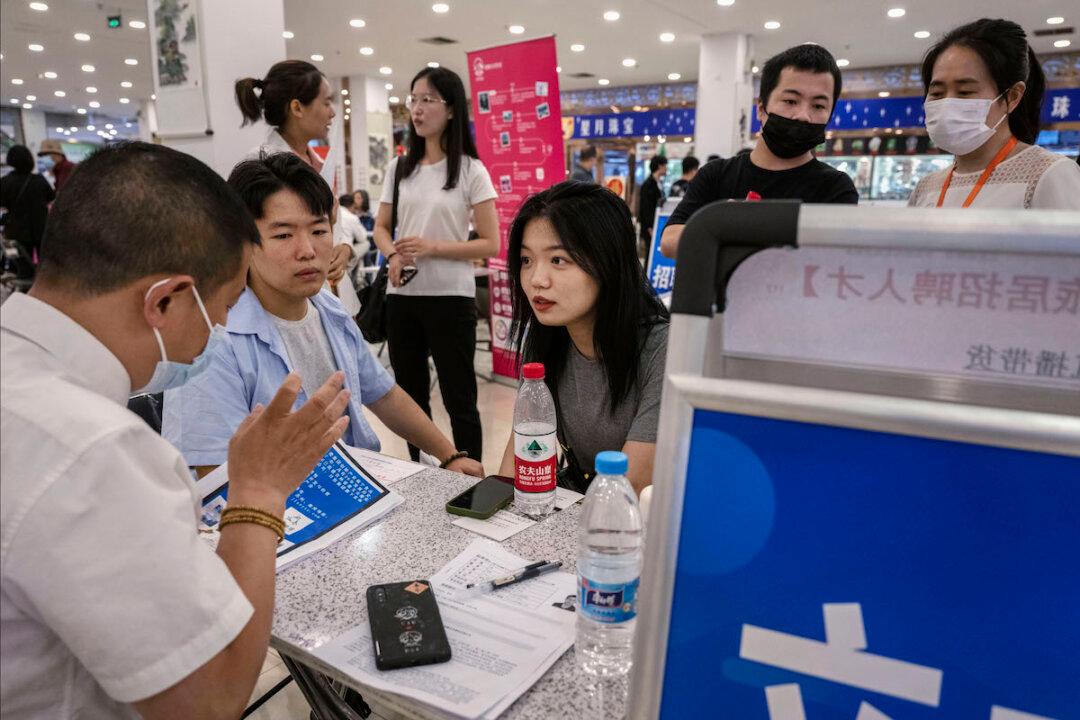The Hong Kong Legislative Council recently held a meeting to discuss implementation of the Advance Notification of Passenger Information system, planned to be operating in the third quarter of 2024. The system will conduct risk assessments, screen people arriving in Hong Kong, and consider national security and other factors.
The news caused social controversy. Some scholars said the action was obviously excessive and designed to obtain personal information about people. They suspect the authorities will extend the forecast mechanism to Hong Kong outbound passengers. Scholars have also questioned whether the relevant data will be reported to the mainland law enforcement agencies in real time if the intermediaries who set up and manage the relevant systems have a mainland China background. Thus, Hong Kong data will become shared data.





